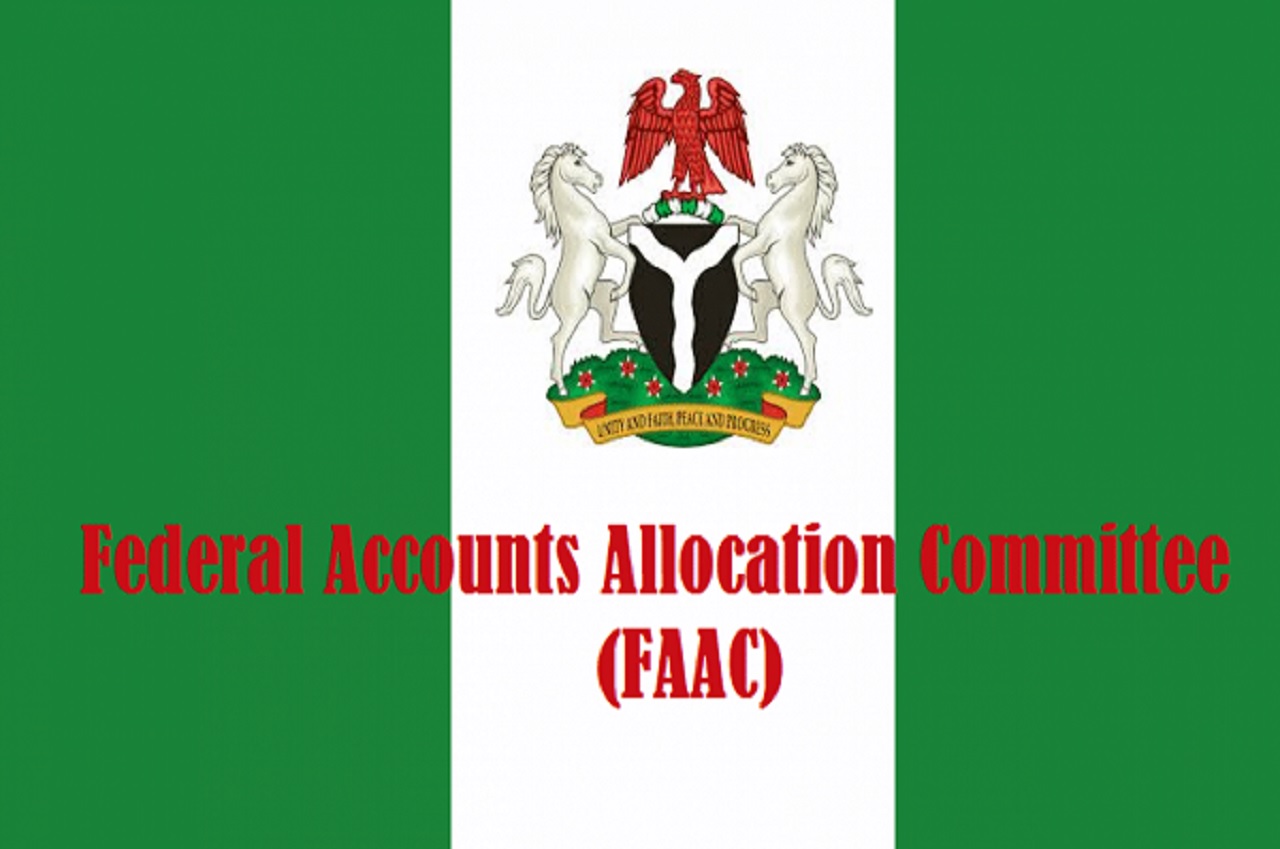In a financial dance, Nigeria’s federal, state, and local government entities twirled through a windfall of N2.517 trillion in exchange rate gains, as revealed by the Federation Allocation Account Committee (FAAC) reports spanning January to December 2023.
During this period, the federation received a total of N2.836 trillion, with N318.29 billion deducted from the non-oil excess account, resulting in the shared N2.517 trillion. The federal government led the pack, securing N1.211 trillion, while the 36 states collectively embraced N614.49 billion, and local government councils garnered N473.92 billion.
Eight mineral resource-rich states – Akwa Ibom, Delta, Rivers, Bayelsa, Ondo, Edo, Imo, and Abia – basked in a 13% derivation, receiving N217.38 billion. A closer look at the figures unveiled a significant twist, as the FX gains only surfaced from May to December, notably coinciding with the Central Bank of Nigeria’s (CBN) move to unify the forex market.
The apex bank’s partial float strategy triggered consistency in FX gains, with May boasting the highest at N639.39 billion. Noteworthy payments for FX differential/equalization in February, April, and July, totaling N246.31 billion, added another layer to the financial narrative.
In a nod to historical shifts, the CBN’s June 2023 Naira float pushed the currency to N708 per US dollar from May’s N464.5. A recent market notice further adjusted the FX rate, weakening the Naira from N891.90 on January 26 to N1418.78 on Wednesday.
As Nigeria’s fiscal landscape continues to sway, this journey through FX gains and policy dynamics underscores the intricate financial ballet performed by the nation’s government entities in 2023.
